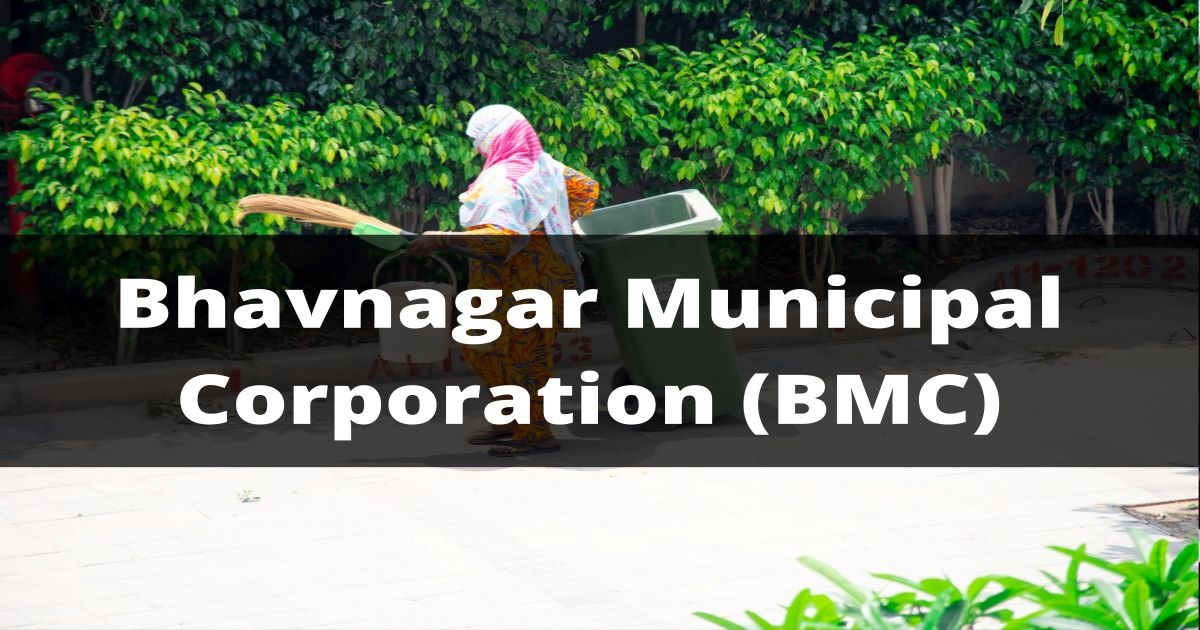India is facing a huge housing shortage a large section of the society is deprived of this basic necessity. India is also in the midst of increasing urbanization with a large percentage of the population still residing in rural areas.
These facts just underscore the importance of affordable housing in the country. Only if effective mass housing is implemented, a majority will get ownerships of their own homes. Rapid urbanization has also led to massive encroachments and slum clusters in big cities. A perpetual shortfall for housing is another aspect of growing cities. This has also led to increasing stress on present infrastructure and utilities like power, water, recreational areas etc.
The steep prices of land, which are a result of supply issues further necessitate affordable housing. The government has rightly tagged affordable housing with the infrastructure tag. This is because large-scale mass housing is what India needs today. Such home schemes need institutional support and structure. It also required adequate financing and effective execution framework. Here are some challenges which need to be addressed for housing to be within the reach of every stratum of the society.
- Funding & Finance – Large housing projects need a huge financial commitment to succeed. Margins are often not as good as other realty projects so that makes it more crucial that adequate funding is provided. The government’s move to give an infra tag to this segment will address this issue.
- Land Acquisition – The State, citizens and private developers need to sort out the thorny issue of land acquisition for such large projects. If a contiguous land is provided at reasonable prices, the effective cost of housing units can also be kept low.
- Organized developers taking on the onus – By and large housing in India for economically weaker sections and mid segment buyers has been developed by the government agencies or small unorganized builders. Large and organized players have always focussed on the luxury or high-end market segment. Although the trend is now shifting, much more has to be done for experienced players to make inroads into mass housing.
- Taxation – As compared to other necessities like food, housing is heavily taxed. Especially if you take into account, stamp duty, VAT, construction material taxes etc. Hope hinges on the GST that some focus is thrown on lowering taxes for houses. A very slight decrease in taxation can have an impact on the unit price of up to 10-15 percent.
- Infrastructure – Mass housing needs effective infrastructure to actually succeed in its purpose. The government has been spending a lot on infrastructure pertaining to the transport sector. Micro markets have their unique infrastructure issues which need to be addressed.
The government of India has set an ambitious target of Housing for All by 2022 and has announced a host of incentives including interest subvention to enable housing for everyone. But what is required at the moment is that the array of development agencies, government bodies, private stakeholders, finance institutions and environment experts get together with other stakeholders and formulate the best possibles procedures and ways to achieve this mission.






































